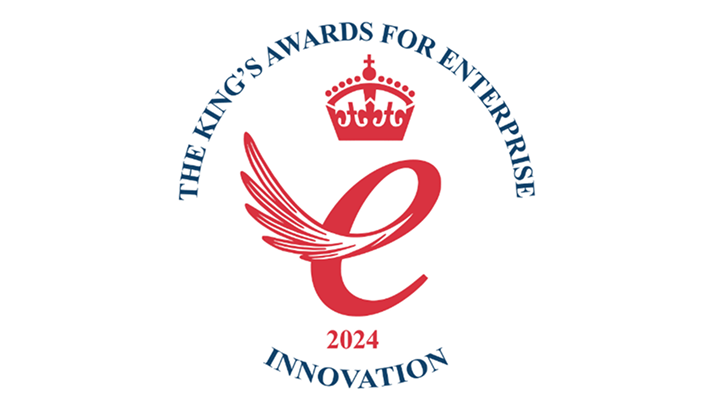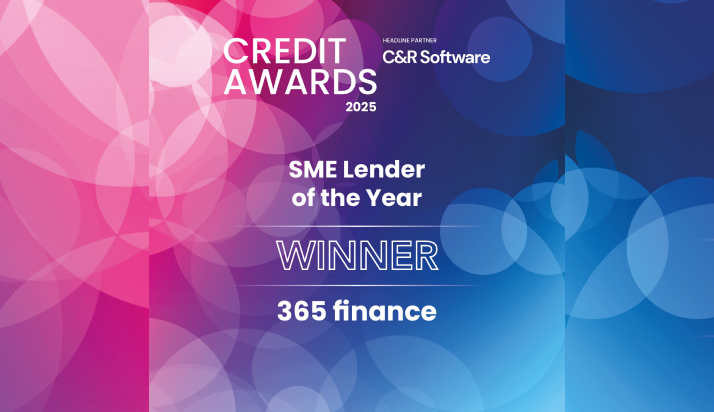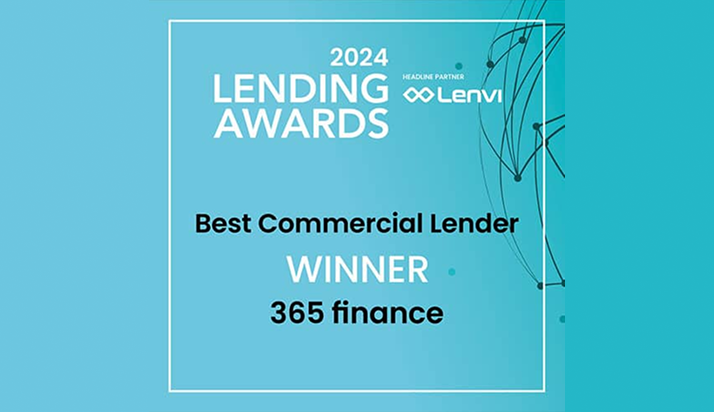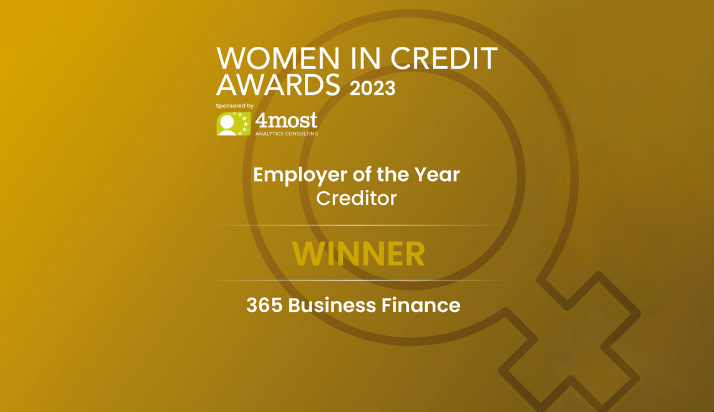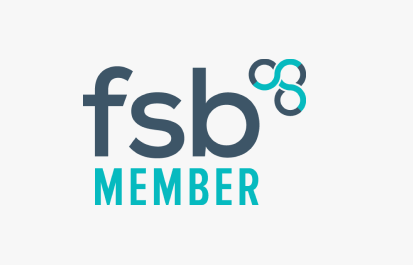Sources Of Business Funding
Flexible finance designed as an alternative to traditional bank loans.

When Is a No Credit Check Business Loan Necessary?
When considering alternative funding options to bank loans, it is essential to consider what stage your business is at, and whether you should look for investment or debt. Once this has been determined, you can begin sourcing the appropriate funding solution for your business.
The right funding solution for your business, will depend on:
- How much money do you need to fund your small business?
- Do you own or rent the premises from which the business operates?
- Are you comfortable offering up security in exchange to receive business funding?
- Have you considered the size of your business and the impact of further borrowing?
- Are you looking for an alternative funding solution, perhaps investment, in which case are you happy to relinquish equity?
After careful consideration of your financial position and specific requirements, you should be able to identify the right business source for funding. Take a look at some of the most popular alternative business funding solutions, below:
- Revenue-based financing
Revenue-based financing is an exciting alternative to a bank loan, with no fixed monthly payments as repayments are based on your credit and debit card sales. The application process is simple, takes very little time to complete and does not require security or a business plan.
It works well as a source of SME funding, as the product has no APR, fixed terms or hidden charges. It simply carries one all inclusive cost. Revenue-based financing puts no pressure on your cash flow and as such, it’s a low-stress alternative business funding option to traditional bank loans, when considering business funding for growth.
- Venture Capital Funds
In it’s simplest terms, venture capital can be defined as ‘other people’s money. As it is the process of combining and pooling other people’s money together into investment funds, which are then managed by venture capital firms, who will consider using the funds to invest in small business growth and development.
Venture capital business funding is usually looking for significant returns on any investment, and so, will usually only fund business projects delivering highly profitable returns. If you run a lifestyle type business and are happy with considered growth, then venture capital may not be right for you as the venture capital firm will often require a share of your business in return for the business funding provided, with the added requirement that they add a member to your team to guide the growth of your business and protect their investment.
- Equity Finance
If you are happy selling shares in your business to fund growth, or to turn your business from a small business into a large one, equity finance may be a suitable source of business funding source for you. The scale of equity finance varies significantly depending on the funding requirement and the amounts of funding supported by an equity agreement can range from a few thousand through to millions of pounds.
When smaller amounts are required, friends and family may be able to equity finance the business and provide a quick and easy funding solution for a small business. Whereas, when greater sums are required, a bigger share of the business will often need to be sold to the investor or investing party. The value and price of the shares being sold to fund your business growth will often depend on the you businesses’ current financial position, as well as the amounts previously invested to fund the business.
- Bank Loans
A bank loan is often the most common form of business funding, designed as a business proposition as opposed to a personal loan, offered to individuals. The value of borrowable amounts depends on the requirement but can range anywhere from a few thousand to millions.
Bank loans usually come with fixed-terms or an expected repayment date, and interest is accrued if there is an outstanding balance.
As a source of business funding, bank loans come in two forms:
- Unsecured – The business will not have to pledge any assets against the loan as security.
- Secured – Your business will pledge assets against the loan as security, if for any reason the business fails to make repayments, defaults on the loan or goes into arrears the bank can sell the business to recoup the debt.
There is no set limit on the number of bank loans a business can have to fund its growth, but as a source of business funding, the business will need to demonstrate affordability and in some cases, a bank may require a guarantor.
- Crowd Funding
Crowdfunding is a very interesting alternative, as essentially you will be asking a large number of people, each for a small amount of money. This means of alternative business funding is usually undertaken via the internet where crowdfunding platforms empower those seeking funding to engage with millions of potential funders.
A business looking for funding will need to set up a profile on a crowdfunding platform and describe the nature of their requirement, then go about promoting the project via social media and other channels.
There are 3 types of crowdfunding solutions available to small businesses looking for capital funding:
-
- Donation Crowdfunding: people enjoy what you do or believe in your cause. In this instance the funder may not require the debt be repaid with cash or with interest but may simply request some kind of acknowledgement or gift in return. Examples might be naming a dish on a menu or handing over product samples.
- Debt Crowdfunding: money is paid back to anyone who invested in the business usually with interest. Returns associated with this type of funding are purely monetary.
- Equity Crowdfunding: people would invest in your small and growing business in return for shares, with the knowledge that the value of the shares would go up or down depending on business performance.
- Business Credit Cards
If you are looking to finance your small business’ day to day expenses, a business credit card could be a suitable finance solution. In some instances, these offer additional benefits such as rewards, insurance, and in some cases, airport lounge access.
The interest rates are usually higher than that of other sources of small business funding but may come with interest free introductory periods.
In order for a business to be eligible for a credit card, it may need to provide proof of credit history and may need to demonstrate that it can make the minimum monthly repayment.
If you do not intend to pay off the full balance on the card each month the interest accrued can become inhibitive and this may impact on business cash flow. Credit cards are used by a lot of small businesses to a means of funding day to day business expenses.
Do I Qualify?
Qualification for our business cash advances is simple: Contact our customer services team to see if you are eligible.
In business for at least
6 months
Monthly credit and debit card turnover of at least
€10,000
How Revenue-Based Finance Works
Revenue-based finance is a type of no credit check loan. Instead of relying on your credit score, we assess your business’ recent debit and credit card transactions to determine affordability and produce a funding offer tailored for your business. Get in touch with our team today to receive a tailored quote. The loan application process is quick and easy, and we can give you a funding decision within 24 hours. There is no need for you to provide collateral or business plans, and we only conduct a soft credit check that does not affect your credit score. From this, we’re able to make a funding decision without running a hard check that will show on your credit report. Unlike a traditional bank loan, there are no interest rates or fixed monthly payments to worry about. Instead, repayments are taken from a small percentage of your future debit and credit card payments. We don’t require any APR as there is no fixed fee, just one all-inclusive cost that’s agreed on at the start, which never changes.
Repayments mirror the ups and downs of your business
A business processing €10,000/month in card sales can receive an unsecured cash loan of the same amount, with no interest rates or fixed terms. Repayments are automatic and based on a small percentage of monthly card sales.
How Rev&U™ repayments work
1
Agree fixed percentage
Agree a fixed percentage of your credit and debit card sales to repay the business cash advance (typically between 5% and 15% of your card sales)
2
Make card sales
Sell to your customers on your credit and debit card terminals.
3
Automatic repayments
The pre-agreed percentage is automatically deducted from your daily transactions at point of sale and you will.
4
Get money into your account
This is automated so there is no change to the time it takes for you to receive your money.
5
Daily sales reduce balance outstanding
The daily amount deducted then reduces the balance outstanding on the business cash advance.
6
Collections stop automatically
Collections stop automatically once the cash advance has been repaid in full.
Am I eligible for Revenue-Based Finance?
Has your business been trading for a minimum of 6 months?
Does your business’ monthly credit and debit card sales exceed €10,000?
You’re eligible
Get a quoteYou must take at least €10,000 per month in card sales and have been trading for at least 6 months
Request a callbackHow much capital does your business need?
Use our calculator and see how revenue-based finance could help your business.
€60,000
funding received
€100
for every card transaction
85% = €85
goes to your account
15% = €15
goes to 365 finance
A simple and secure way to finance your business
Apply in minutes
Complete the application form. It takes less than 5 minutes!
Relationship manager
Be allocated a relationship manager to assist with any queries.
Approval under 24h
A decision will be made under 24h.
Get your cash advance in days
Funding directly into your business bank account within days



